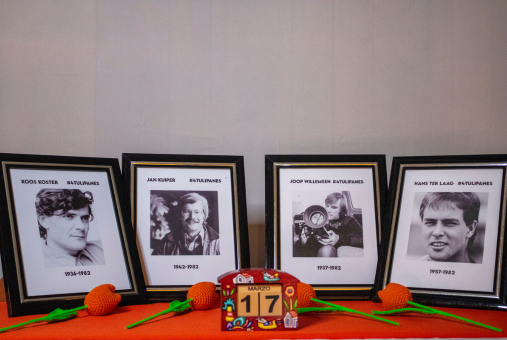
A Salvadoran court sentenced three former officers to 15 years in prison for ordering an ambush that killed four Dutch journalists during the civil war. It’s the first time a crime of humanity documented by the UN Truth Commission has led to a conviction in El Salvador.
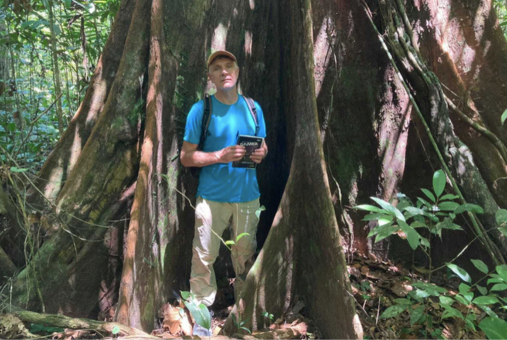
Three years after Dom Phillips was killed alongside Indigenous rights expert Bruno Pereira, fellow journalists completed his final work. He sought to answer how to save the world’s largest rainforest — and why.
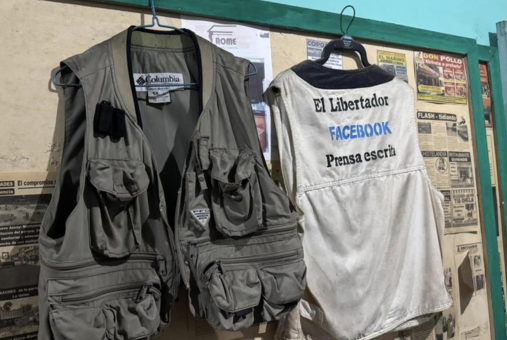
In Ecuador’s northern border region, where journalist Patricio Aguilar was killed last month, violence, precarity, and lack of state protection are driving reporters to self-censor or leave the profession—deepening the region’s vacuum of information.
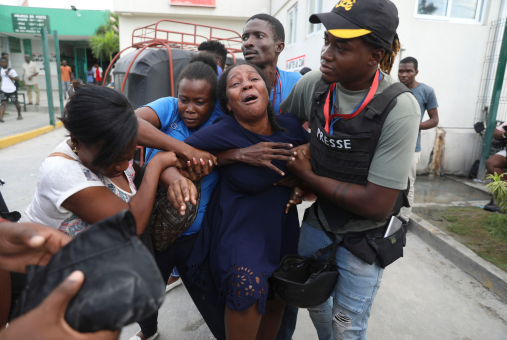
The botched hospital reopening in a gang-controlled Port-au-Prince neighborhood left two reporters dead and seven injured.

Two court cases seeking closure in the 1982 ambush and murders of four Dutch journalists in El Salvador are currently open in the U.S. and the Central American country.
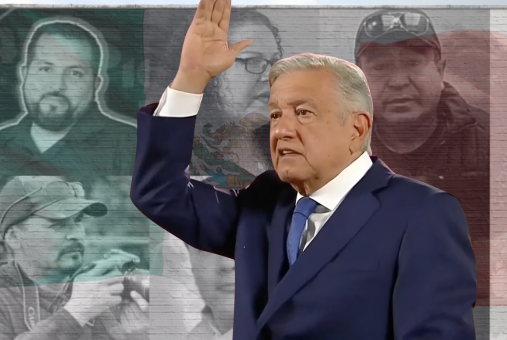
These were the main challenges faced by journalism and press freedom during Andrés Manuel López Obrador’s government in Mexico.

As part of its work to fight impunity in crimes against journalists, the Inter American Press Association launched the “Voices claiming justice” campaign. The first case highlighted in it is that of the Colombian journalist Gerardo Bedoya Borrero murdered in 1997 and whose crime remains unpunished.
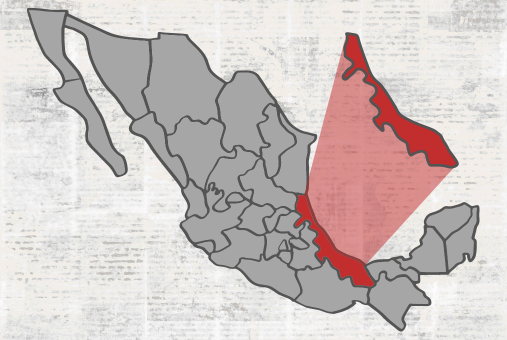
The journalistic investigation “Veracruz of silences” from the organization Article 19 seeks answers to the question: Why are journalists killed? For this, the investigative team and a macro-criminality specialist analyzed the murders and disappearances of 20 journalists in the Mexican state from 2010 to 2016.

The year 2023 saw a decrease in murders of journalists around the world: a trend also seen in Latin America and the Caribbean. Despite the significance of that statistic, expert voices point out that it does not represent an improvement in the conditions for practicing journalism and that it could lead to the phenomenon of zones of silence.
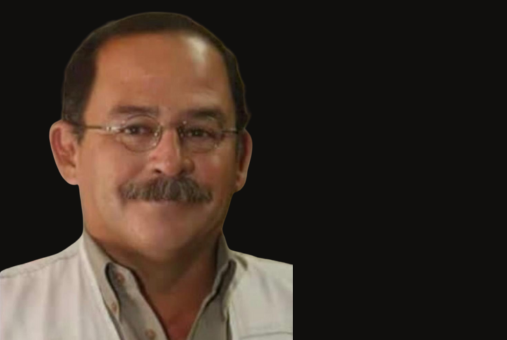
It has been 11 years since Ecuadorian journalist Fausto Valdiviezo was killed. His brother and experts believe that the case has not been solved because of a lack of investigation on the part of authorities because he was a journalist.
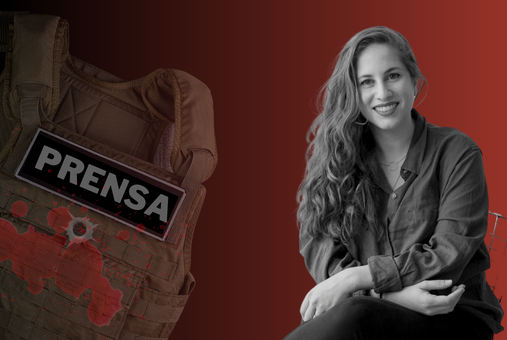
An investigation by Mexican journalist Alejandra Ibarra revealed that it is not the information journalists disseminate that makes them assassination targets, but rather their roles as leaders and their stances on issues. She also argued out that Mexican officials see critical journalism as an affront and not a democratic function.

With the murders this month of Nelson Matus and Luis Martín Sánchez, seven journalists have now been murdered in Mexico so far in 2023, which has sparked condemnation from organizations worldwide. In Guerrero, the second most dangerous Mexican state for journalism, journalists' groups denounce impunity and demand security.